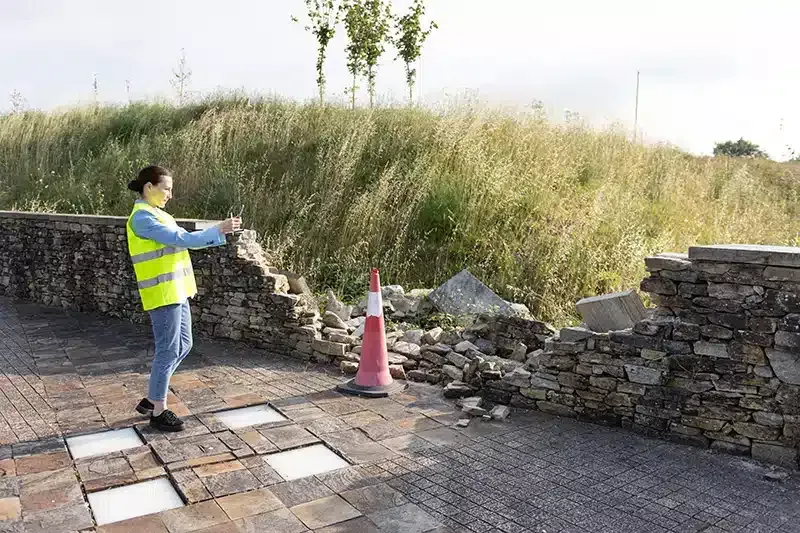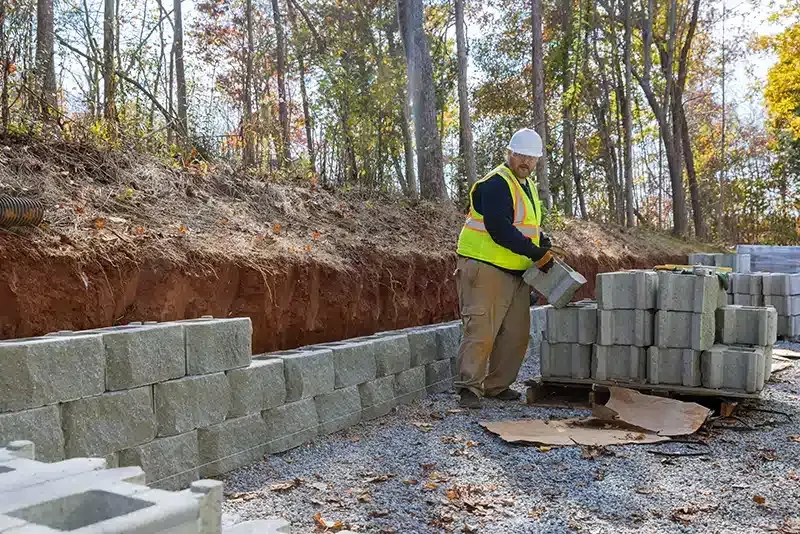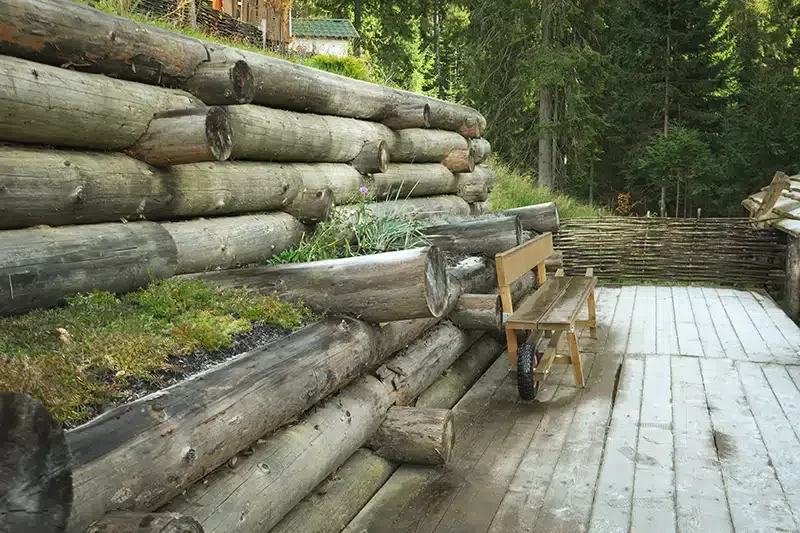What Are the Key Advantages of Hiring a Commercial Retaining Walls Contractor?
When planning a project that involves retaining walls, hiring a commercial contractor can offer significant advantages.
Their specialized expertise ensures the structural integrity of your walls while ensuring compliance with local regulations, helping you avoid potential issues in the future.
With their experience, they can execute the project efficiently, reducing costly mistakes and delays. Additionally, commercial contractors often have access to high-quality materials at discounted rates.
But what other benefits could hiring a professional bring that might enhance the success of your project?
Expertise and Experience
Hiring the right commercial retaining wall contractor is essential for a successful project. A contractor with experience in managing soil types, drainage needs, and structural integrity ensures your retaining wall stands the test of time and performs well.
1. Look for Relevant Experience
Choose a contractor with experience in retaining wall construction, particularly for commercial projects. They should be familiar with materials like concrete, stone, and timber, as well as handling various site conditions.
- Proven Track Record: Ensures expert handling of varying site conditions.
- Material Expertise: Knowledge of materials impacts durability and aesthetics.
2. Review Past Work
Check their portfolio for examples of similar commercial projects. This will help you assess their style, quality, and ability to meet your needs.
- Portfolio Review: See the quality and variety of past work.
- Material Versatility: Shows ability to work with different materials.
3. Problem-Solving Skills
A good contractor should be adaptable and able to handle challenges that arise during the project, such as drainage issues or structural adjustments.
- Adaptability: Ensures the project moves smoothly.
- Solution-Oriented: Tackles unforeseen challenges effectively.
4. Check References and Reviews
Look at reviews and references to gauge their reliability and professionalism. Positive feedback from past clients ensures a successful, stress-free project.
- Client Feedback: Confirm their reliability and quality.
- Trustworthiness: Ensures timely, quality completion.
Selecting the right contractor will save time, reduce costs, and ensure your commercial retaining wall is built to last.
Compliance With Regulations
Compliance with regulations is essential for any commercial retaining wall project. Hiring a professional contractor ensures they are well-versed in local codes and zoning laws, preventing potential legal or financial issues.
Knowledge of Local Codes and Zoning Laws
A qualified contractor understands the regulations governing retaining wall construction. This knowledge ensures that the project complies with local requirements, avoiding costly fines or delays.
- Regulatory Expertise: Prevents legal and financial complications.
- Up-to-Date with Codes: Ensures compliance throughout the project.
Adherence to Safety Regulations
Professional contractors are familiar with safety standards that protect both workers and the site. They ensure all necessary permits and inspections are completed, safeguarding the project’s structural integrity.
- Safety Compliance: Protects the workforce and the project.
- Permit and Inspection Management: Ensures the project meets all standards.
Streamlining the Process
Experienced contractors handle all the necessary paperwork and coordinate with local authorities, making the compliance process efficient and stress-free for you.
- Paperwork Handling: Saves time and effort.
- Local Authority Coordination: Reduces delays and keeps you informed.
By working with an expert contractor, you ensure smooth compliance with regulations and a successful commercial retaining wall project.
Time and Cost Efficiency
Hiring a skilled contractor for your commercial retaining wall project can improve both time and cost efficiency. With the right tools, expertise, and experience, they can complete the job on time, preventing delays and ensuring your project stays within budget.
Streamlined Process and Expertise
Experienced contractors can assess your site quickly, implement effective solutions, and avoid trial-and-error that can slow down the project. This minimizes costly mistakes and rework.
- Efficient Site Assessment: Quick identification of requirements.
- Expert Solutions: Minimizes errors and reduces delays.
Cost Savings and Supplier Relationships
Contractors often have established relationships with suppliers, allowing them to source materials at discounted prices and secure timely deliveries. This helps keep your project on budget.
- Discounted Materials: Lower material costs.
- Timely Deliveries: Keeps the project on track.
By hiring a skilled contractor, you're investing in a more efficient, cost-effective commercial retaining wall project.
Hiring a commercial retaining wall contractor offers numerous advantages, including expertise, regulatory compliance, and cost efficiency.
Their experience ensures high-quality work, adherence to safety and zoning standards, and timely project completion, all while minimizing potential risks and delays.
With access to discounted materials and streamlined processes, a professional contractor helps deliver a cost-effective solution that meets your project’s needs, ultimately ensuring a durable and secure retaining wall for your commercial property.


